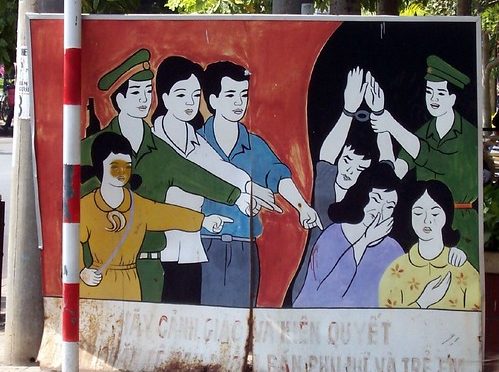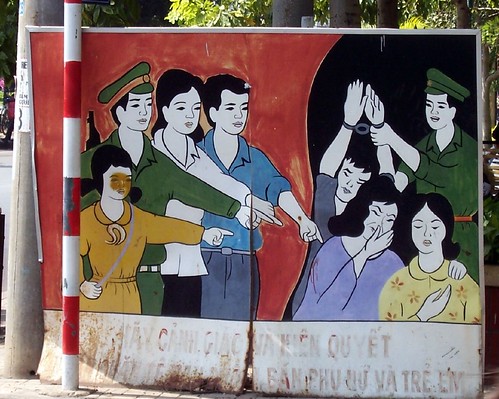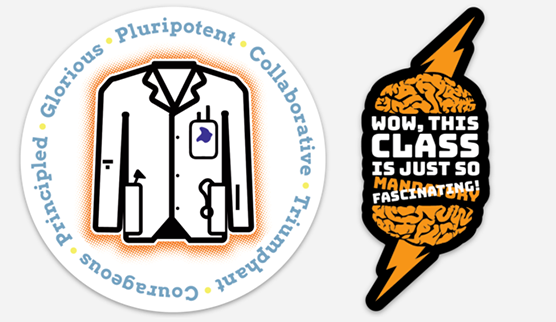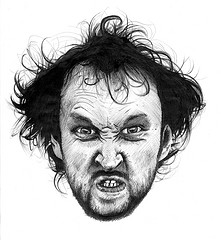Podcast: Play in new window | Download (Duration: 58:18 — 53.4MB)
Subscribe: Spotify | RSS | More
Medical errors are an unfortunate and sometimes tragic fact of life. Jailing nurses without addressing root causes compounds the tragedy

- Nurse RaDonda Vaught faces jail time for an error that killed her patient, and the crew discusses what they learn and know about dealing with medical errors.
- While Vaught (convicted later on the day we recorded this episode) made some pretty terrible errors that justifiably ended her career, her employer bears responsibility, too…but so far is getting off without meaningful consequence.
- Threatening jail for nurses who make medical errors isn’t going to help attract people to the profession, especially when their employers create conditions that lead to errors.
We Want to Hear From You
How’d we do on this week’s show? Did we miss anything in our conversation? Did we anger you? Did we make you smile? Call us at 347-SHORTCT anytime or email theshortcoats@gmail.com. It’s always a pleasure to hear from you!
We want to know more about you: Take the Listener Survey









